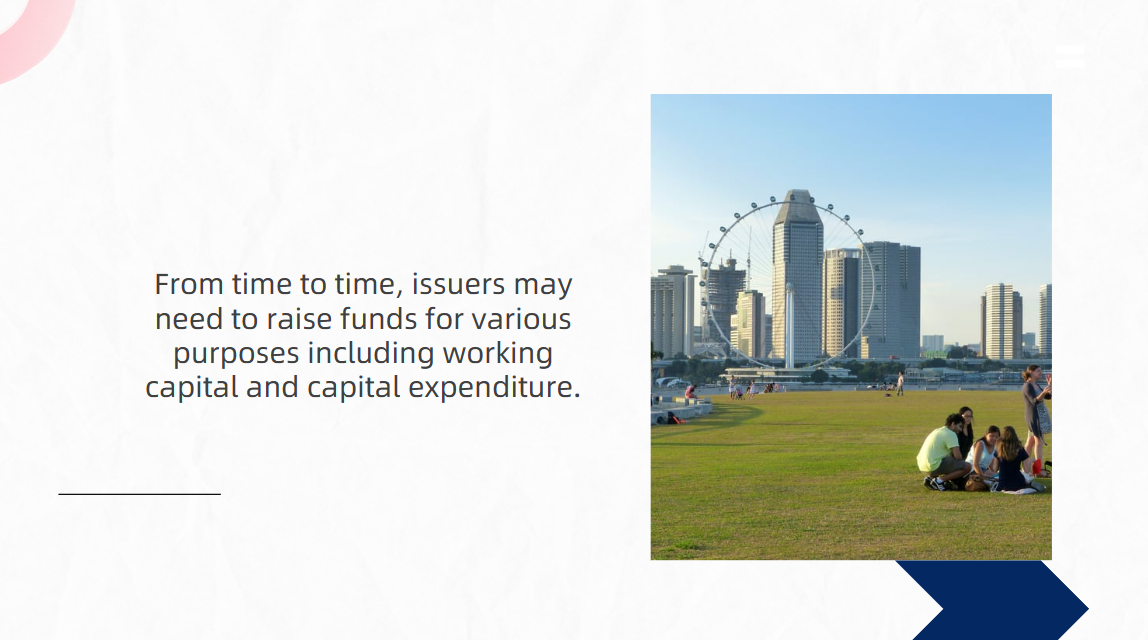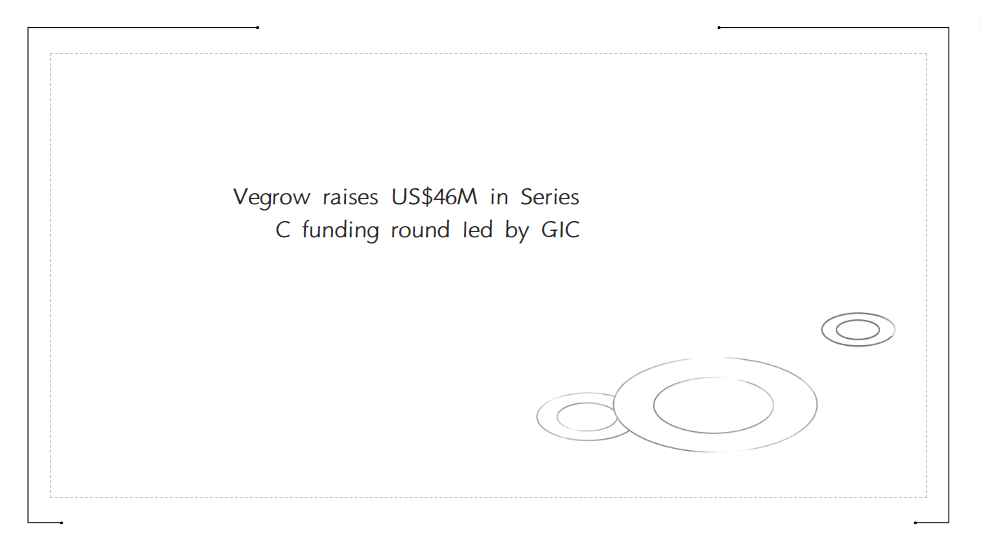2023: A year of firsts for the Singapore stock market
By Tan Boon Gin, CEO, Singapore Exchange Regulation
When I was asked to contribute a commentary to mark the year-end, it was suggested to me that the topic should perhaps be along the lines of “A year of wins for shareholders”. However, as I looked through my notes, speeches, the Regulator’s Columns and other content Singapore Exchange Regulation (SGX RegCo) has published, it is clear to me that 2023 might be better described as a year of firsts.
Board renewal and diversity come to the fore
Consider the introduction of a hard-stop of nine years on the tenure of a director deemed independent. This was the first policy announcement in 2023 and perhaps one of the more significant in recent years. Earlier, in 2022, we had begun requiring companies to disclose a board diversity policy, plans and targets.
The 9-year cap, and the requirements introduced in 2022 for companies to disclose their board diversity policy, are designed to work in tandem to encourage companies to renew and refresh their boards and ensure they have the necessary skills, talents, experience and diversity. These policies will thus benefit companies if implemented fully in both form and substance, and so will be positive for investors as well.
Companies also achieved a first on the board diversity front with 89% disclosing a board diversity policy, according to a November 2023 study that SGX RegCo and the Council for Board Diversity (CBD) commissioned. Almost all the 89% also described how the combination of skills, talents, experience, and diversity of directors served their needs and plans. In short, many issuers have incorporated diversity into their board governance framework. For a first effort, it is a good start.
More disclosures, less queries
Other ways in which companies scored a first is in improving overall disclosures. For example, a review of companies’ sustainability reports completed in November 2023 showed that almost all companies had done better, regardless of size or industry. As for the newly required climate reporting based on the Task Force on Climate-related Financial Disclosures (TCFD) framework, 73% had provided for the first time, some form of disclosure. That said, larger companies still tended to do better, so room for further improvement across the board certainly exists.
Companies' continuous disclosures also are eliciting fewer queries in consecutive years from SGX RegCo, another first. Likewise for queries on unusual trading. This is the result of a few things. Chief is our engagement with issuers on a one-on-one basis in a targeted fashion. For instance, armed with findings such as those from the recent sustainability reporting review, we typically engage issuers that haven't done as well. Through this collaborative and risk-based approach, we clarify any questions the issuers may have and help them identify areas for follow-up and improvement. These efforts seem to have paid off. Companies have given SGX RegCo less call to query; disclosure-related queries fell to 578 in FY2023 (July-June) from 660 in FY2022 while queries on unusual trading halved to 28 in FY2023 from 57 in FY2022. Up until 20 December in FY2024, disclosure queries were 240 while trading queries totaled 8.
Shareholders take a stand
Shareholders too have been palpably recognized, for the first time, for playing a crucial part in raising the standards of overall market governance. As the Asian Corporate Governance Association (ACGA) said in its latest Corporate Governance Watch report published earlier this month, “(Singapore) retail investors (are) a solid force, shareholders speak up and agitate.” For example, shareholders who held out in the acceptance of Boustead Singapore’s proposed takeover of Boustead Projects because the independent financial advisor had opined that the initial offer of S$0.95 was “not fair but reasonable” eventually received a “fair and reasonable” offer.
Another first was the successful move by shareholders of Sabana Industrial REIT to push through the internalization of the REIT manager. This marks the first time an already-listed REIT is switching from the external to the internal model and puts all sponsors on notice of the consequences of managers not meeting shareholder expectations.
Separately, another first for investors was when unit- or shareholders of several companies (including Sabana REIT, USP Group and ASTI Holdings among others) tried to agitate for change by requisitioning extraordinary general meetings to push through agenda items that the incumbent boards did not favour. Even though the Singapore courts had to uphold the strict wording of the Companies Act and rule against the requisitioners when some of these cases went to court, the courts were keen to profess their preference for shareholder democracy to run its course. SGX RegCo too feels shareholders should have the opportunity to have their views heard. We have issued a Regulator's Column on “What boards and requisitionists should take note of in shareholder-requisitioned meetings” and signaled rule changes that prevent companies and boards from denying requisitions because of technicalities. The court rulings make these changes even more imperative.
SPACs – an alternative listing framework
It is always easier to remember the pluses than to discuss the minuses. Nevertheless, it is important that we put on record that while we had our first de-SPAC this year, the journey for listing the first Special Purpose Acquisition Companies (SPACs) has not been easy. The SPAC framework was introduced to enable certain companies to list more swiftly and with greater certainty on pricing and execution. A more conventional IPO might not have been optimal for these companies. While SPACs in general may not be favoured by some CG critics, our framework does address the concerns that arose elsewhere such as “skin in the game” of the sponsors, risk of excessive dilution and IPO-standard scrutiny.
We are still learning how to ready the market for new structures and products such as these, keeping in mind the journey REITs took during the past 20 or so years. The ability for any company to list in current conditions is no mean feat. SPACs provide the market with an opportunity to value companies in new or less well-understood business and give the company an opportunity to grow and prove itself. We therefore remain committed to the SPAC framework.
Conclusion
With 2024 approaching, some may ask what SGX RegCo sees on the horizon. As the legendary and arguably greatest US college basketball coach John Wooden once said, "It's the little details that are vital. Little things make big things happen." And so it will be for the Singapore market in the coming year. Getting climate reporting, board renewal, and shareholder rights right all call for lots of details, lots of data, lots of deliberation. These are not the only things that we are going to do, just what we are going to start doing, first.























































First, please LoginComment After ~